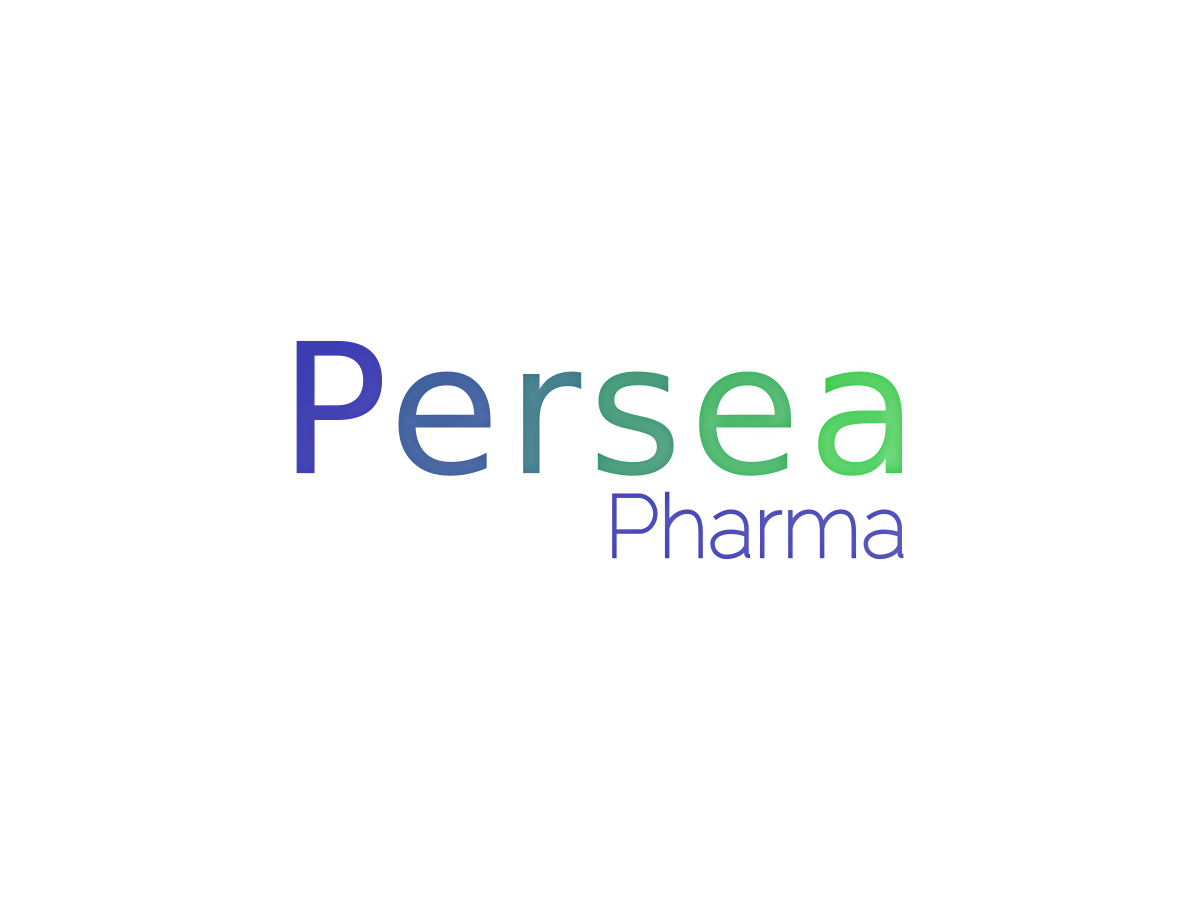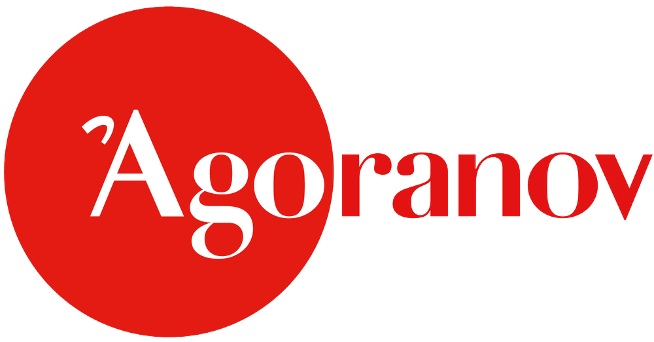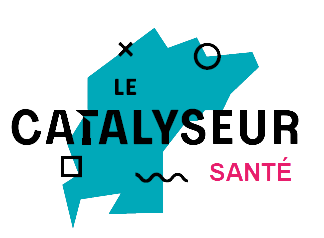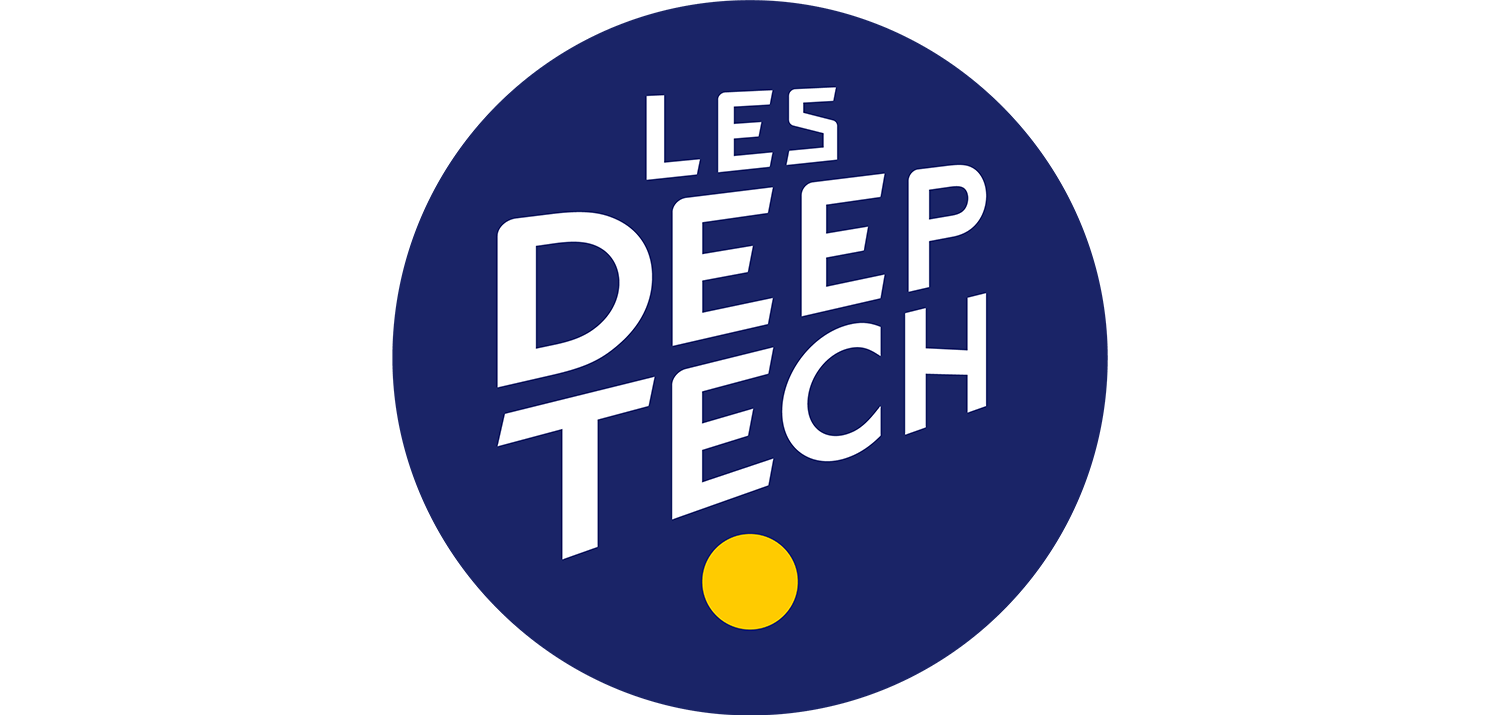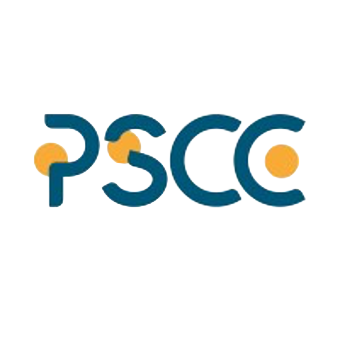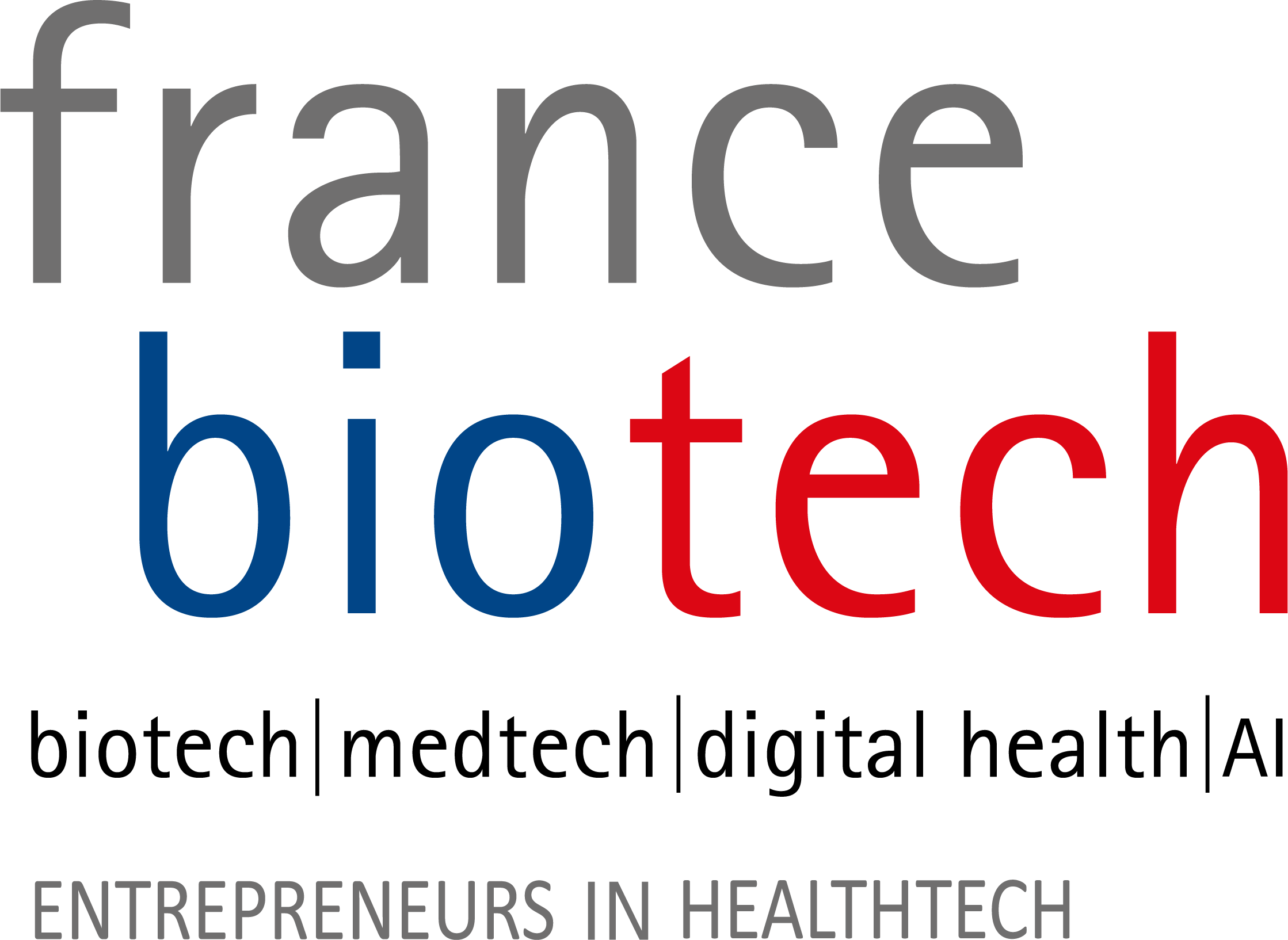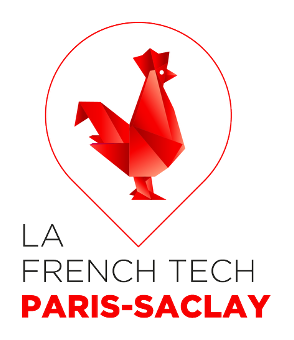
what we do
A Trojan Horse
changing the game against solid tumors
Persea is developping BioTrojan, a cellular Trojan Horse delivered locally for a powerfull local impact.
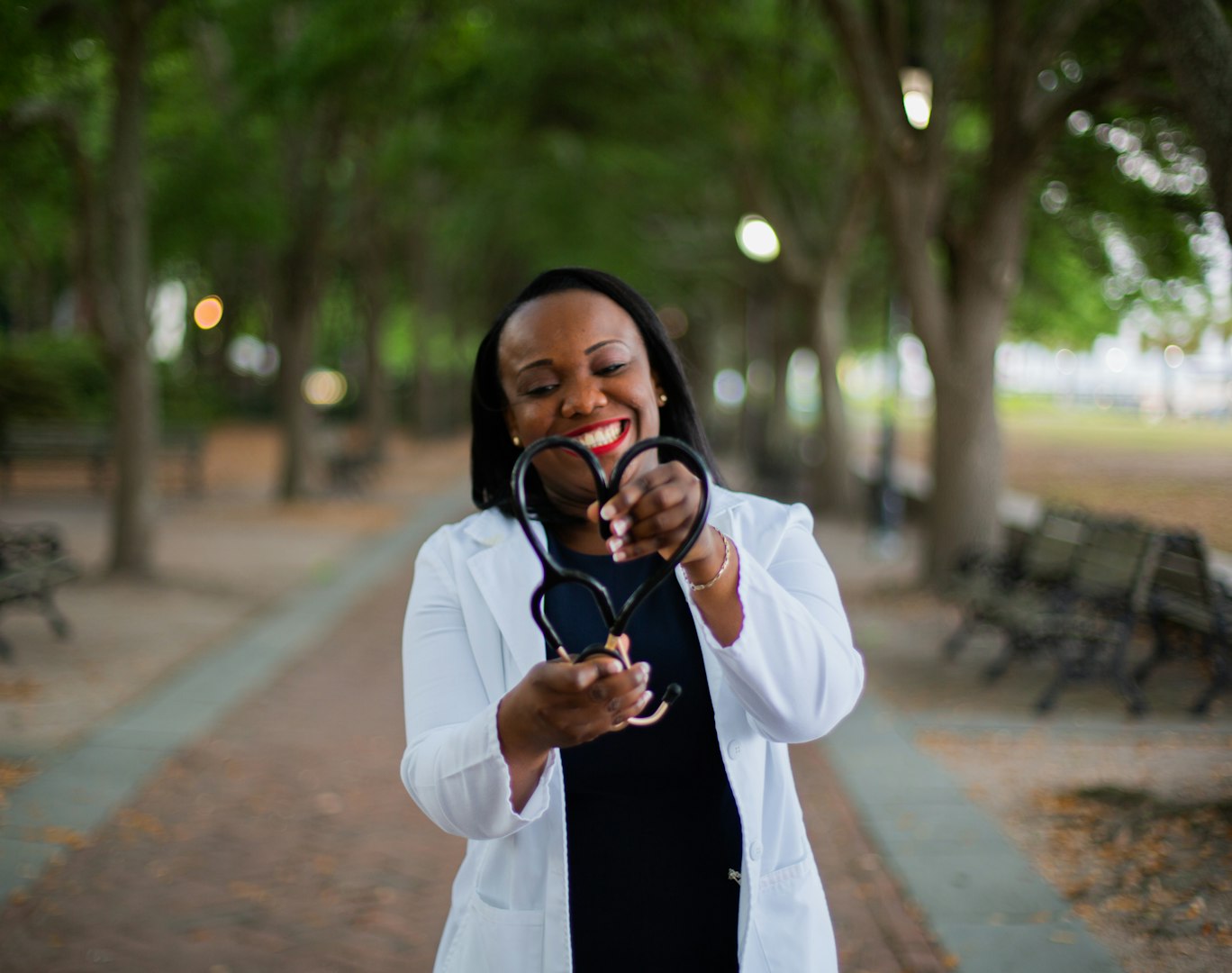
what we INTEND TO bring to patients
Our first target: primary liver cancers
Given the outstanding results our technology has shown during the proof of concept on mice and rabbits we expect to bring a curative treatment to primary liver cancer patients not eligeable to surgery and receiving today a palliative treatment. How ? by destroying the tumor with a vaccinating effect against recurrence.
Upon our evaluation 36 000 patients with primary liver cancer could benefit from our technology every year in Europe and in the USA. Clinical trials will take place as from end of 2028.
they support us
AWARDS


Hello Tomorrow 2023 & 2024

Meet2win quickpitch award 2024

Bio Partnering pass challenge 2024 (Medicen/Servier)
OUR TEAM
A pioneering founding team
with strong expertise and a solid proven track record in business, fondamental science, cell & gene product development and clinical care
& a pipeline of exceptional junior innovators driven by the ambition to lead the way in the future of biotechnology.

Sophie de Ferrières
CEO cofounder
Sophie is the entrepreneur profile of the team. She has a 20-year experience in sales, strategic and operational marketing and team management in technologic sector in Korean and US companies.
At Persea she is the keystone of the team, coordinating and giving the pace, as well as the CFO, HR & General Affairs person.
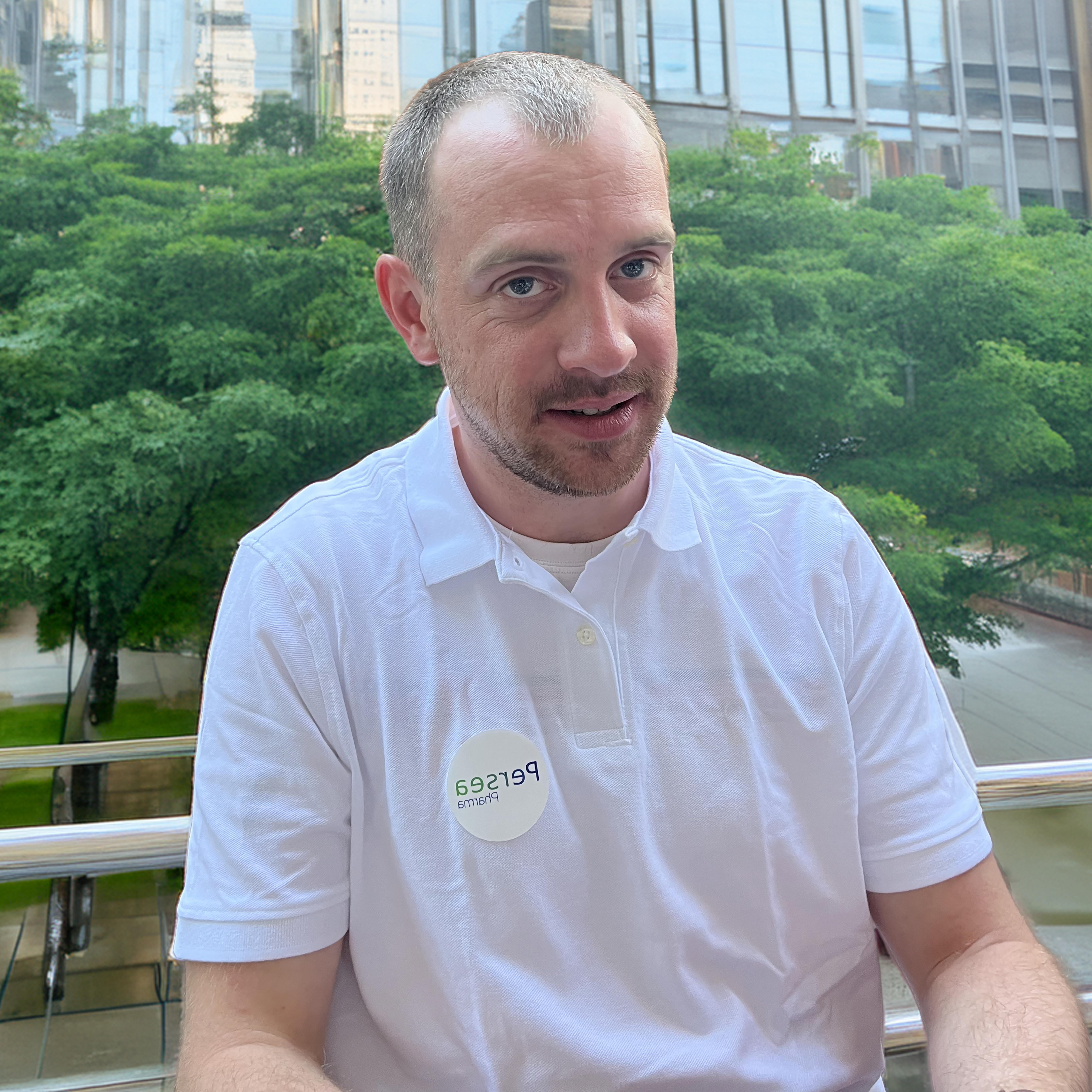
Pierre Conan
Senior Scientist
Pierre (PhD) is an engineer in Chemical engineering (Ecole Nationale Supérieure de Chimie in Montpellier) and a PhD in cellular biology (Université de Bretagne Occidentale) with a postdoctoral research at the Leibniz-Institut (Germany) in biochemistry.
At Persea he oversees deep science and is in charge of academic partnerships setup.
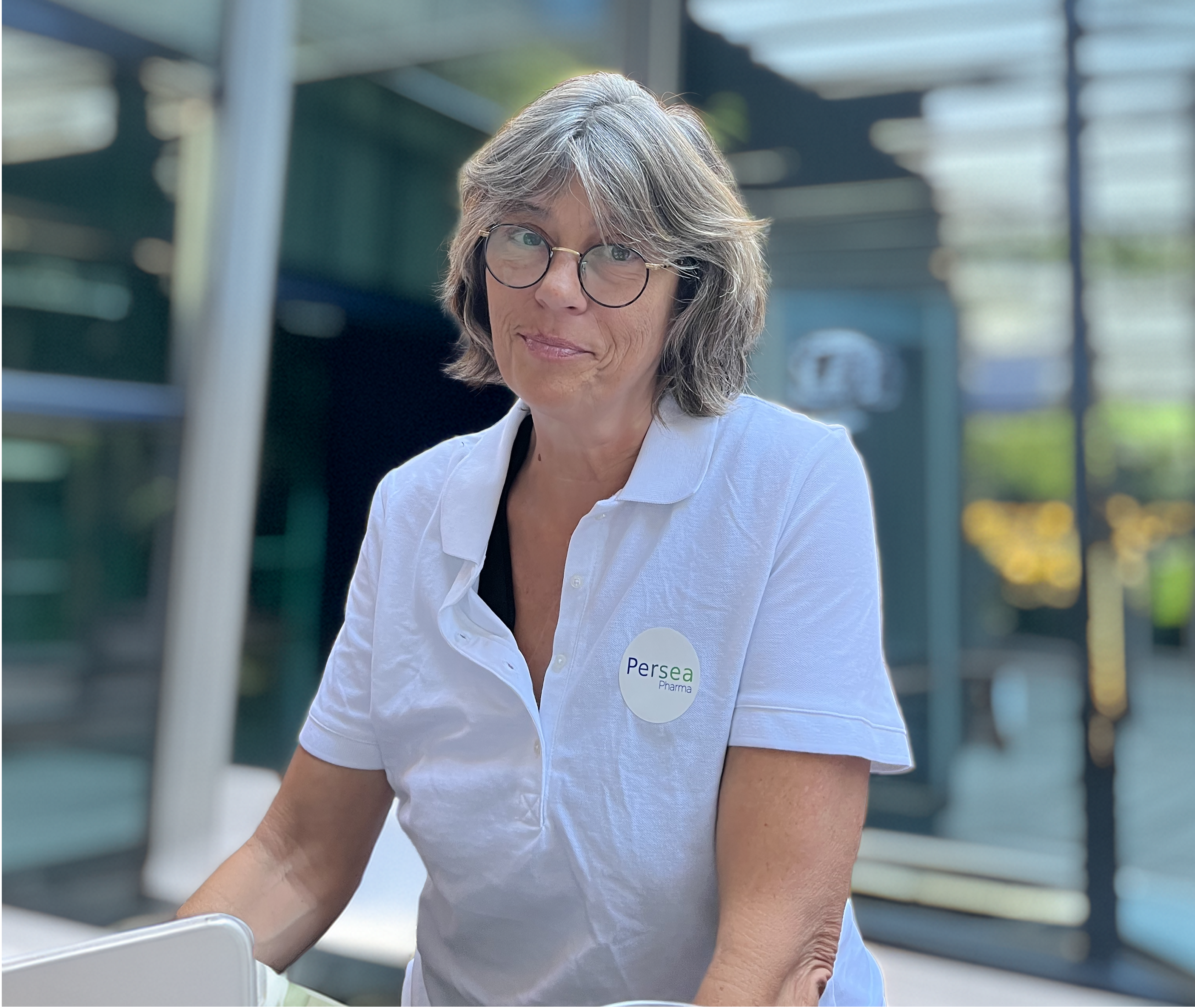
Gisèle Deblandre
CTO / CSO
Gisèle (PhD) is a CMC expert in cell therapies and particularly in Mesenchymal Stem Cells. After her PhD in Belgium and a postdoc in the Salk Institute for Biological Studies in La Jolla (USA) she turned to the pharma sector. She has a 15-year experience in CDMO at MasTherCell/Catalent in Belgium, and at Cell'Easy in Toulouse, France.
At Persea she is in charge of the product development:
Product design optimization
Analytical processes development
Integrating regulatory constraints in the CMC process
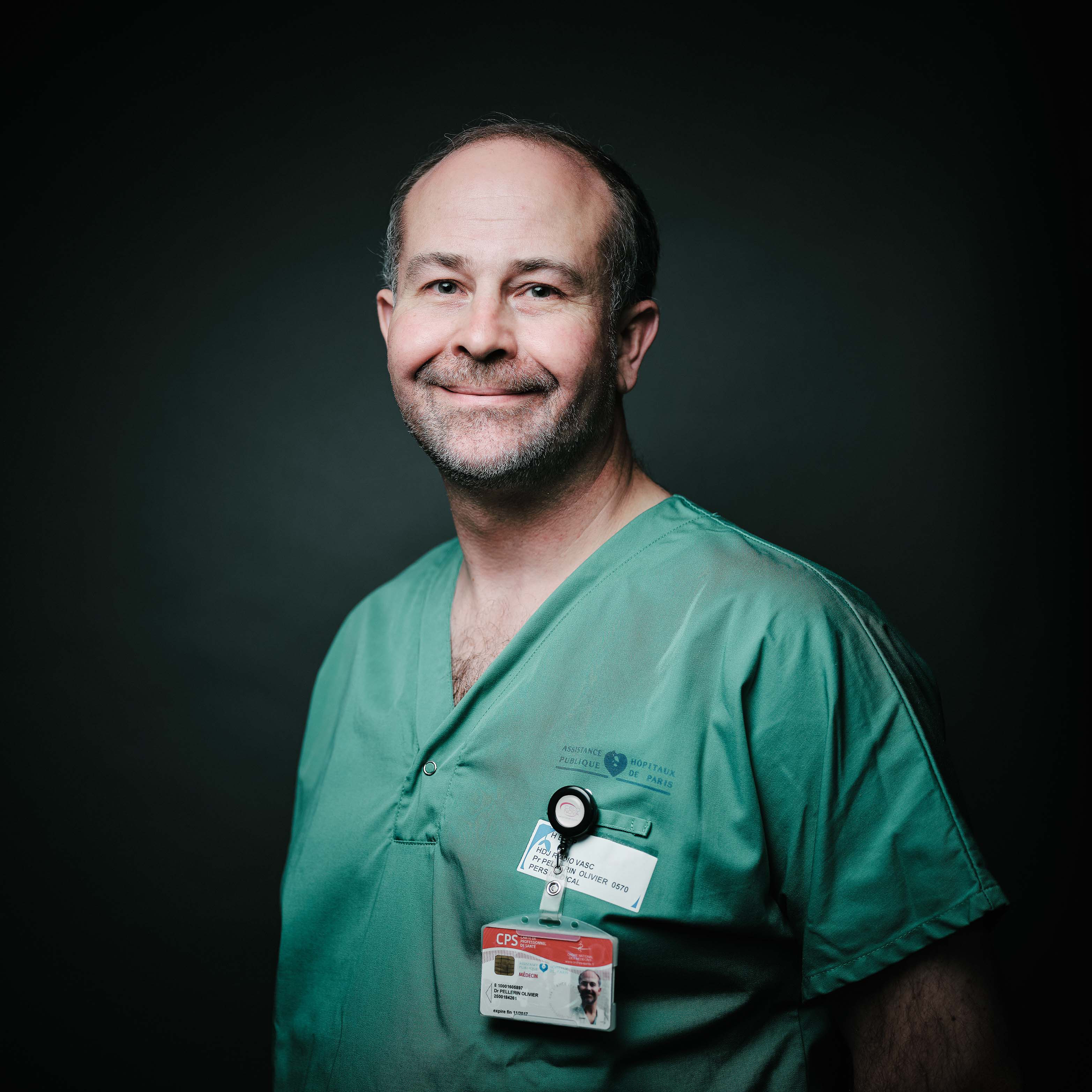
Olivier Pellerin
CMO cofounder
Olivier (MD, PhD) is Professor of Interventional Oncology; since 2008 he has created & developed the interventional oncology unit in Hôpital Européen Georges Pompidou (APHP, Paris), dedicated to oncology including primary and secondary liver cancer treatment.
In parallel he has been involved in the BioTrojan project led by Isabelle de Waziers (inventor leader) with a reasearch fellowship at the John Hopkins University (Baltimore, USA).
At Persea he is bringing his clinical expertise, clinical research experience and his international network of clinicians.
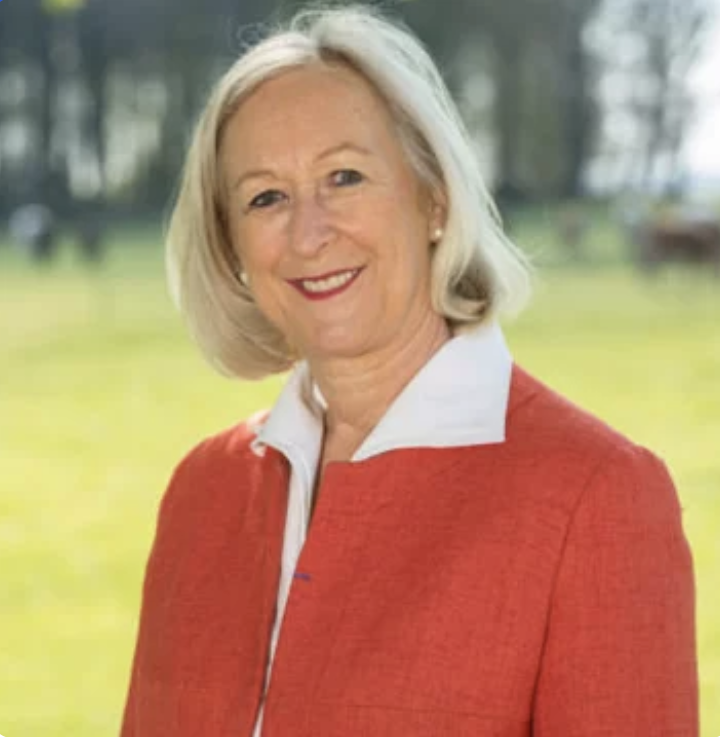
Isabelle de Waziers
Inventor - Scientific Advisor
Isabelle de Waziers (PhD) is a distinguished former research director at Inserm unit U1147. Throughout her career, she has dedicated herself to the exploration of liver cytochromes. These essential enzymes possess the remarkable ability to convert inert substances into active compounds. After extensive research, she and her team achieved a significant milestone by enhancing the metabolic capability of Cytochrome 2B6 and successfully expressing it in mesenchymal stem cells, thereby engineering a biological Trojan horse (BioTrojan) with the potential to target and eradicate solid tumors. At present, Isabelle serves as the vice-president of the finance committee for the Somme Department and is the mayor of Lignières-en-Vimeu (France). Additionally, she holds the position of scientific advisor at Persea.
FAQs
Find answers to questions you may have about our innovative gene suicide therapy for solid cancers.
How does PERSEA's gene suicide therapy work?
PERSEA's therapy targets the tumor specifically thanks to a cellular Trojan Horse equiped with a suicide gene colonizing the tumor, activated by a prodrug. It destroys the tumor while destroying itself and sparing healthy tissues.
What types of solid cancers can PERSEA's therapy treat?
PERSEA's gene suicide therapy is designed to combat several solid cancers in the future.
The first indication treated will be primary liver cancer, which is a unmet medical need with a 5-year survival of 17%.
Is PERSEA's gene suicide therapy safe for patients?
PERSEA's therapy was designed to enhance patient safety by targeting the tumor only. Early in vivo preclinical tests have shown a favorable safety profile.
PERSEA's enhanced version of BioTrojan will be be undergoing additional rigorous safety testing before first in human.
How effective is PERSEA's gene suicide therapy compared to other treatments?
PERSEA's therapy offers a targeted approach with the potential for higher effectiveness and fewer side effects compared to current cancer treatments like traditional chemotherapy, radiation or immunotherapy as well as treatments in development
Can patients access PERSEA's suicide gene therapy today?
The first patients to benefit from BioTroan will be part of Clinical trials, as of end 2028.
Clinical trials are a mandatory preliminary step before market authorization and commercialization in order to ensure safety and efficacy to patients.
Are there ongoing research and development efforts at PERSEA to enhance the gene suicide therapy?
PERSEA is dedicated to continuous research and development to improve the efficacy and applicability of the suicide gene therapy, exploring new advancements in biotechnology.
